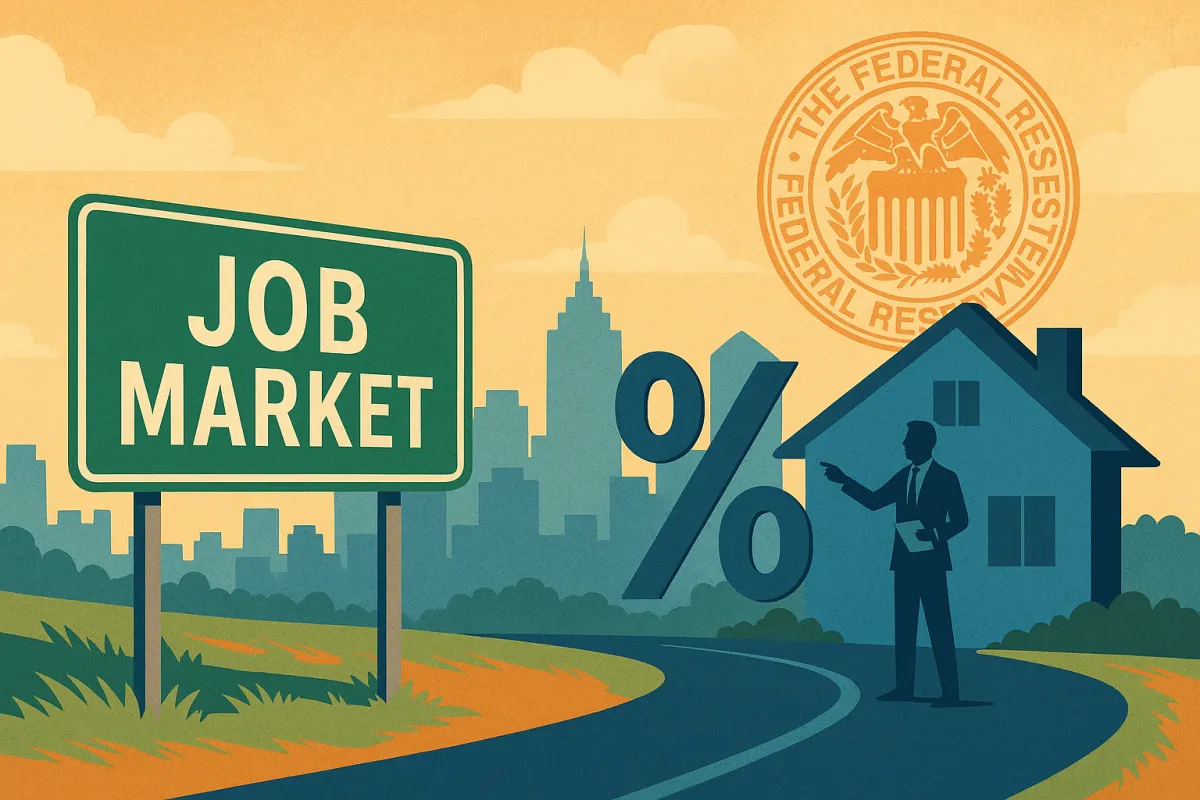
Do you have any questions? Set up a call with Eli Sklar today!


How the Job Market Affects Mortgage Rates and Fed Decisions
The job market plays a crucial role in determining mortgage rates, as employment trends directly influence Federal Reserve policy and economic growth. Whether you’re a first-time homebuyer, looking to refinance, or an investor in real estate, understanding how job market data affects mortgage rates can help you navigate your financial decisions more effectively.
The Link Between Employment and Economic Growth
A strong job market, characterized by low unemployment and rising wages, often leads to increased consumer spending. When people have stable incomes, they are more likely to buy homes, invest in businesses, and make major purchases.
However, this increased spending can contribute to inflation, prompting the Federal Reserve to raise interest rates to prevent the economy from overheating. Higher interest rates make mortgages more expensive, leading to higher monthly payments for borrowers.
Conversely, when the job market weakens—such as during a recession—unemployment rises, and consumer spending declines. To stimulate economic growth, the Fed may lower interest rates, making borrowing cheaper and encouraging more home purchases.
How the Federal Reserve Responds to Job Market Changes
The Federal Reserve closely monitors employment data to guide its monetary policy decisions. Some key indicators include:
Unemployment Rate – If the jobless rate is low, the Fed may see this as a sign of a strong economy and consider raising interest rates.
Wage Growth – Rising wages can drive inflation, leading the Fed to increase rates.
Labor Force Participation – A growing workforce can indicate economic expansion, which may also influence rate hikes.
What This Means for Homebuyers and Homeowners
For borrowers, keeping an eye on employment reports can provide insight into where mortgage rates may be heading. If job reports indicate strong employment growth, rates could rise, making it beneficial to lock in a mortgage rate sooner. If employment data is weak, rates may decrease, allowing borrowers to wait for a lower rate.


Do you have any questions? Set up a call with Eli Sklar today!

